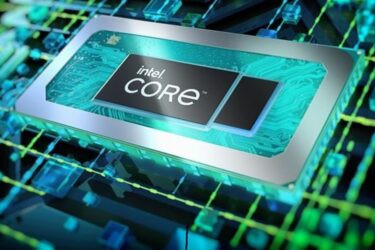Total Cost of Ownership, TCO, was all the rage five years ago. Now it has surfaced again, but if you will excuse my laughter, this timeoriginating from Microsoft.
They have commissioned IDC to produce a report that shows that the TCO of Windows as a server platform can be less than an equivalent one using Linux. Why companies like IDC take on these ridiculous projects I will never know; everybody assumes that they are carefully tailored to suit the customer and only have any value when compared with the results of a number of similar studies run by the opposition. The users take very little notice.
Why is a Microsoft TCO campaign so amusing? Because years ago they did everything they could to suppress details of TCO related to the PC! Microsoft, Compaq, Dell, etc. were only interested in one thing, selling more PCs at any cost. The trick was to emphasise the cost of purchasing a PC and the software and to compare that to the total cost of terminals, and they got away with it. While IT managers struggled to work out what to do, the PC industry went behind their backs and sold to the users.
Today few would argue against the well established figures of TCO. A desktop PC costs around $5,000 pa, in comparison to a mainframe or Unix terminal of $2,000 pa. Of course there are significant differences beside cost that need to be taken into consideration, in particular the character versus GUI interface. For many applications, particularly office functions, the GUI interface is undoubtedly superior and worth the extra cost. Noone would want to go back to a character based terminal for word processing for instance. But I have to admit that we have not done a good job in exploiting the advantages of the GUI interface. Many applications I see as a customer in retail and leisure applications would be much more efficient and easier to use without depending on a mouse, for instance. The point to be made is that mass sales were achieved against any professional considerations. By isolating the end-user from the IT departments, no one ever addressed the bottom line – was it cost effective. There were no considerations given to other ideas either. Does every possible user need a PC on his or her desk, which is running a screen saver program most of the time? Why didn’t we introduce pools of PCs in tailor-made cubicles, which could be used on an as-needed basis? One answer to that was the need to have personal data and applications on the PC. Shared resources were only introduced later after it was too late. The software made it difficult to share a PC and Microsoft et al were not going to cure that problem and reduce the number of sales.
There is of course the influence of the home computer to consider as well. Today many homes have a PC. Ideally most only need a terminal akin to a Citrix client or a Web browser, but the communication services are still too slow and still too expensive to use all the time and so PCs dominate the home. Thus when people go to work, they want to use the same system they have at home. The PC is very difficult to use and when all the effort has been expended to master its complexities, few want to learn an alternative. This by the way is also a stumbling block for the adoption of Linux on the corporate desktop.
The problem with TCO is that it is not obvious. It is difficult for end users to appreciate the cost of networks, servers, upgrades and support. Users spend an abnormal amount of time playing with their PCs, not so much games as trying to sort out lost files, formatting documents, etc
For years IBM tried to get the message across that mainframes were the cheapest form of computing, stupidly ignoring the opportunity to make the existing mainframes the server of choice. And so it is intriguing that Microsoft should see fit to try and dam Linux in this way. It simply tells me that Microsoft is genuinely afraid of the growing impact of Linux and OSS and is spending a lot of money to try and halt its progress. History tells us that TCO is not the way for Microsoft to fight Linux.
Martin Healey, pioneer development Intel-based computers en c/s-architecture. Director of a number of IT specialist companies and an Emeritus Professor of the University of Wales.








